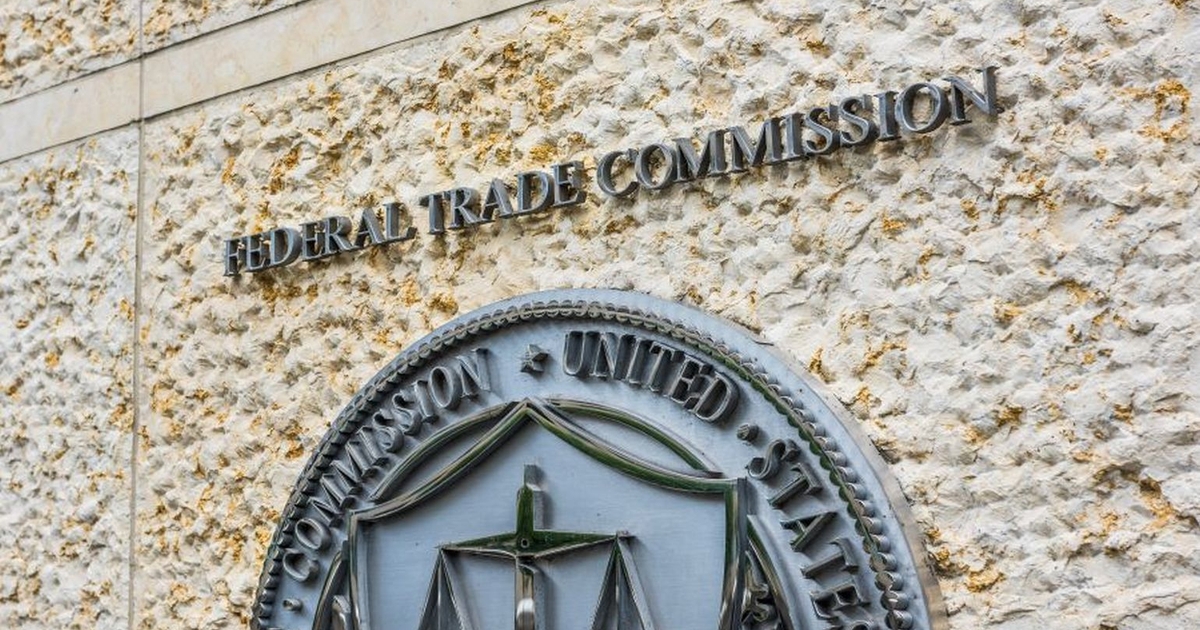
Being able to substantiate claims has never been more important. The Federal Trade Commission is increasingly more focused on product substantiation, as highlighted by the publication of its 2022 Health Product Compliance Guidance and the 650+ Notice of Penalty Offenses it sent to health product companies last year. National Advertising Division (NAD) cases also continuously provide decisions that help companies understand the level of substantiation needed, even for lower-risk statements like “reduces bloating and gas” — as we saw in this NAD case discussion.
Then, there are the retailers, who seem to have their own take on substantiation requirements, such as requiring randomized controlled trials for on-label structure-function claims. This is all happening when plaintiff’s attorneys demand letters and lawsuits are being sent for just about every claim imaginable, such as “eco-friendly,” “natural ingredients,” “brain health,” or “clinically proven.”
What a time to be a dietary supplement regulatory professional.
Knowing how much substantiation is needed is part science and part art — and attendees will leave our workshop with a better idea of where the line is. For example, requiring dietary supplement companies to conduct clinical trials on every product is not plausible. The fine line between ingredient studies or product clinical trials may be related to the strength of a claim. In other words, label claims that push the limits of allowable structure-function claims may require more substantiation. Also, the magic words “clinically proven” on a product label are often the trigger to require product formula rather than ingredient studies.
What to expect from the workshop
We’ve assembled some of our favorite attorneys and scientists to look at substantiation through a practical, legal and scientific lens.
The two-hour interactive session that I’m moderating is designed for professionals in marketing, science, legal, quality, regulatory affairs, or the C-suite. Our experts will share short presentations that will lead to panel discussions, complete with live polling and Q&A. I find these candid conversations with audience participation to be one of the best ways to demystify complicated regulatory topics.
– Session 1: Regulatory framework and legal considerations with esquires Katie Bond and Teddy McCormick
This session will review examples of structure-function claims and where they cross the line into the disease-claim category. It will also touch on substantiation requirements from a legal point of view and share actionable tips on how to craft claims that are not only compelling but also compliant. In my favorite topic, we’ll explore recent enforcement actions and litigation to help inform compliant marketing. The goal is to equip you with the knowledge to avoid common pitfalls while effectively marketing your products.
– Session 2: Clinical science and substantiating claims with Corey Hilmas, M.D., and Stephanie-Anne Girard, Ph.D.
Our second session delves into the science and will offer guidance on how to create studies that satisfy regulatory standards. We’ll discuss selecting the proper study design, understanding the statistical significance, and ensuring your research translates into credible evidence. We’ll bridge the gap between complex scientific findings and consumer-friendly messaging. We will share strategies on how to interpret clinical results and turn them into claims that resonate with your audience while staying within legal boundaries.
This workshop is a dream come true. I am so excited to be part of it. We’re diving deep into the ever-evolving world of ingredient claims and their substantiation, and I hope you can join us on Monday, Oct. 28, at SupplySide West. Please note that a separate ticket is needed for this event.
